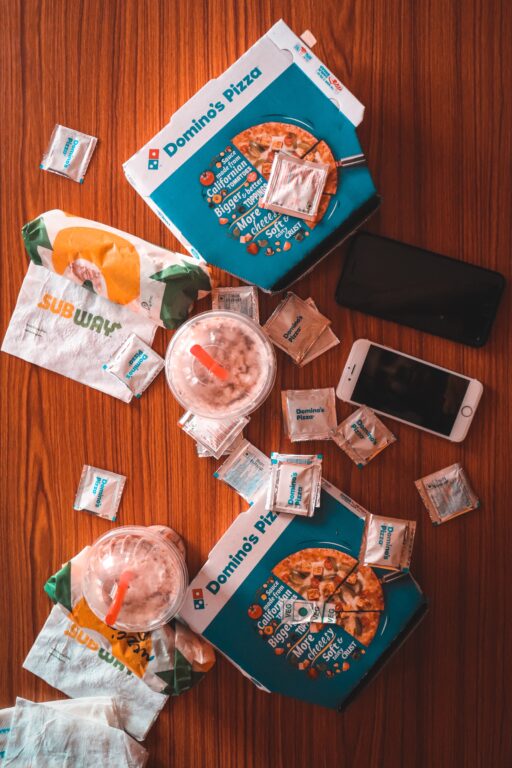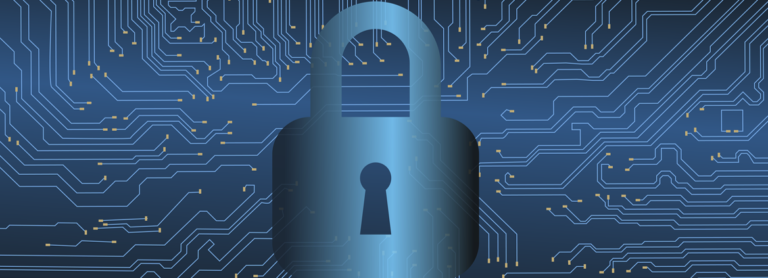Ring, Law Enforcement, and Data Sharing Partnerships
The idea of law enforcement using new technology to reduce crime is intruiging. But how to best to do that—while protecting civil liberties—remains an ongoing debate.
The idea of law enforcement using new technology to reduce crime is intruiging. But how to best to do that—while protecting civil liberties—remains an ongoing debate.
Increased regulatory attention may represent a new normal for Healthcare IT providers.

Domino’s Pizza is petitioning the Supreme Court to definitively answer an important question: to what extent does the ADA apply online?
With lawmakers poised to take regulatory action, the most impactful question for technology companies like Facebook and Google is whether the U.S. will borrow from Europe’s model or create an entire new set of regulations.

An emphasis on awareness and prevention seems to be the best course of action as ransomware attacks expand beyond traditional targets into new sectors.
The New York Times is reporting that the Justice Department and Federal Trade Commission (FTC) will be splitting oversight of Google and Amazon, a move which seems to signal impending changes.
Judge Lucy Koh’s multi-part ruling determined that Qualcomm’s business practices were anti-competetive and failed to uphold the fair, reasonable, and non-discriminatory obligations of licensing standards.
Lawsuit claims that Apple exercises monopoly power in the retail market for the sale of apps and has unlawfully used its monopoly power to force iPhone owners to pay Apple higher-than-competitive prices for apps.

New class-action lawsuits have been filed against major US cellphone carriers AT&T, Verizon, T-Mobile, and Sprint in US District Court in Maryland due to the real-time “collection of geolocation data and the unauthorized dissemination to third-parties of the geolocation data collected from its users’ cell phones.

Legislation is being passed to hold social media platforms like Facebook responsible for the content that is available on them.